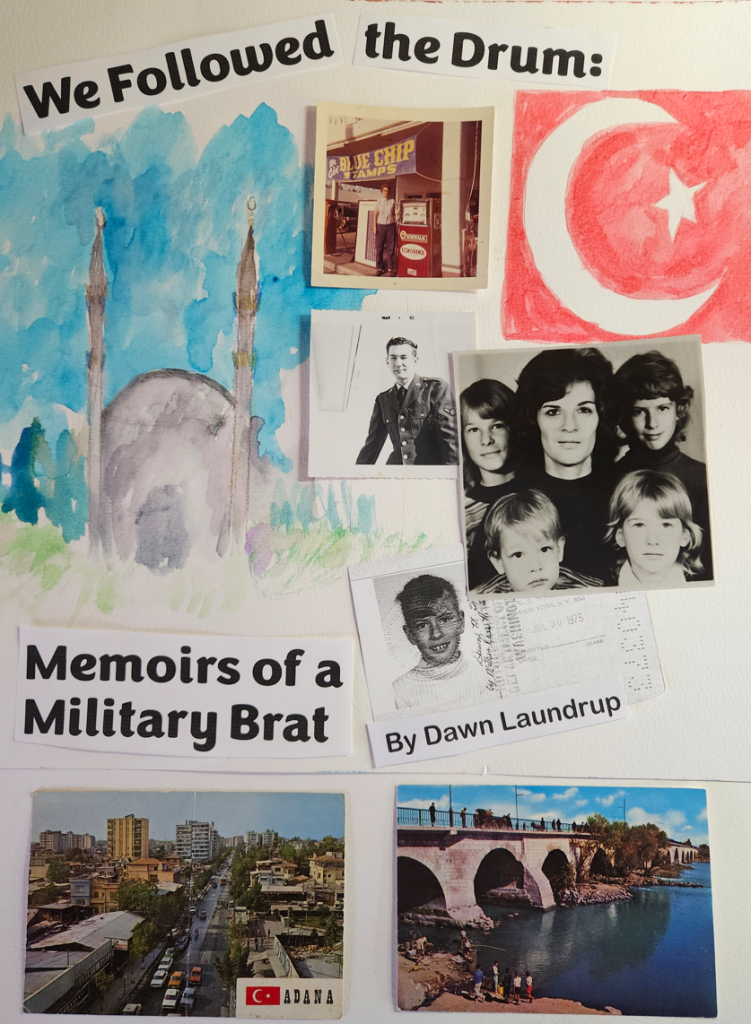“You can take the boy out of Kentucky, but you can’t take Kentucky out of the boy,” stated J.D. Vance’s grandmother, a tough, mean (his words) country woman who knew what it meant to struggle against the whole world. J.D.’s dysfunctional family, who are beset by the worst of the unhappiness-makers: substance abuse and a plethora of lack-of-responsibility habits that lead to self-pity and anger feeling consequences, is a downward spiral of what can happen to families that are uneducated and allow their feelings and appetites to be unrestricted. The fact that J.D. made it out of this rabbit hole is a testimony to struggle, the benefits of education, and his increasing awareness that different lives and people surround us and that things can be learned from the differences. The class distinction between the people who worked at the courthouse and the people who were subjected to court was noted by the astute young man. The school of hard knocks and unending feuding-family drama was his normal life, once he broke free of this, he discovered that the angry seeds had taken root within him, and he brought it to his other relationships. Upward mobility and the advancement of the population of poor families is a story that we want to hear and is all too rare. This book was a triumph of success for a poor hillbilly boy with little opportunity. I found it inspiring.
Perhaps you see a trend with the books I find inspiring: spunky kids who become educated despite the challenges thrown in their direction, leaving one life behind to find freedom from the limiting restrictions of religious belief, familial challenges or class distinction.


